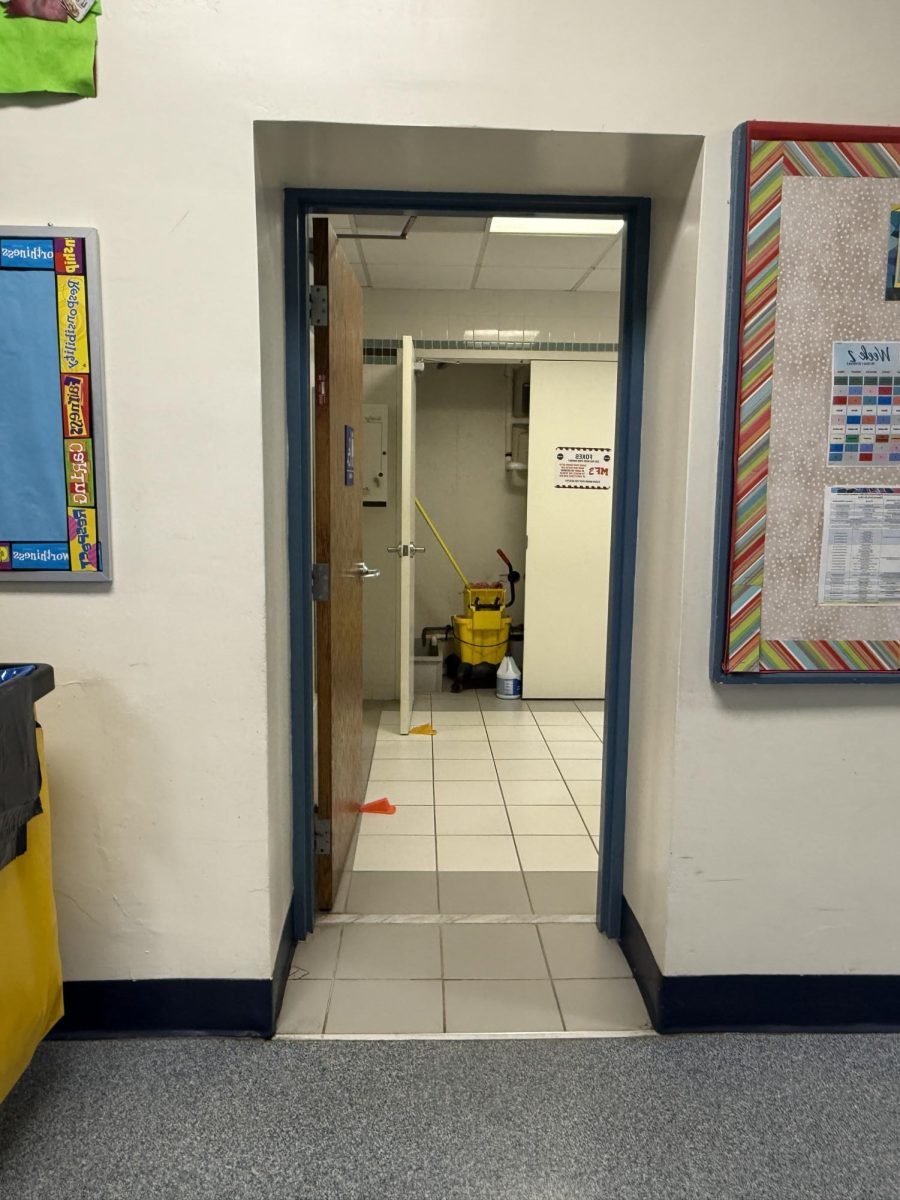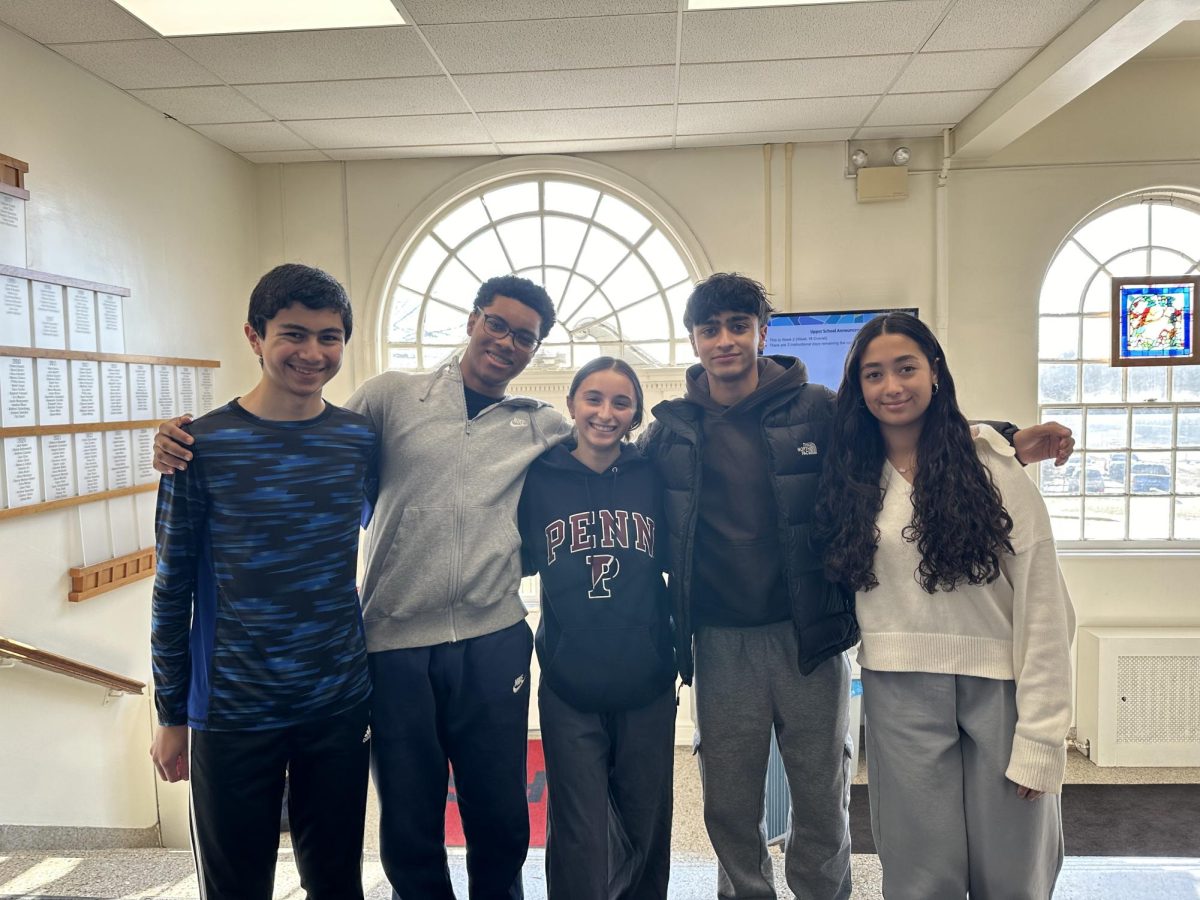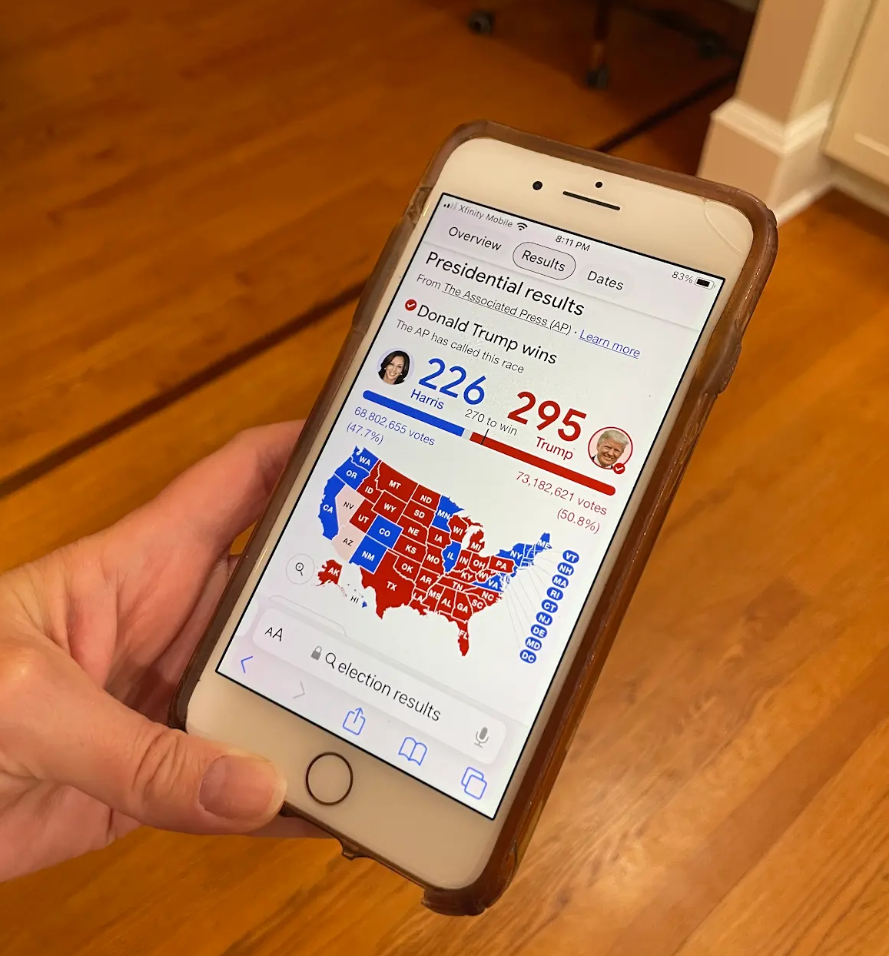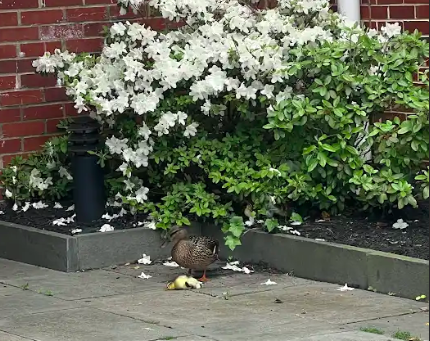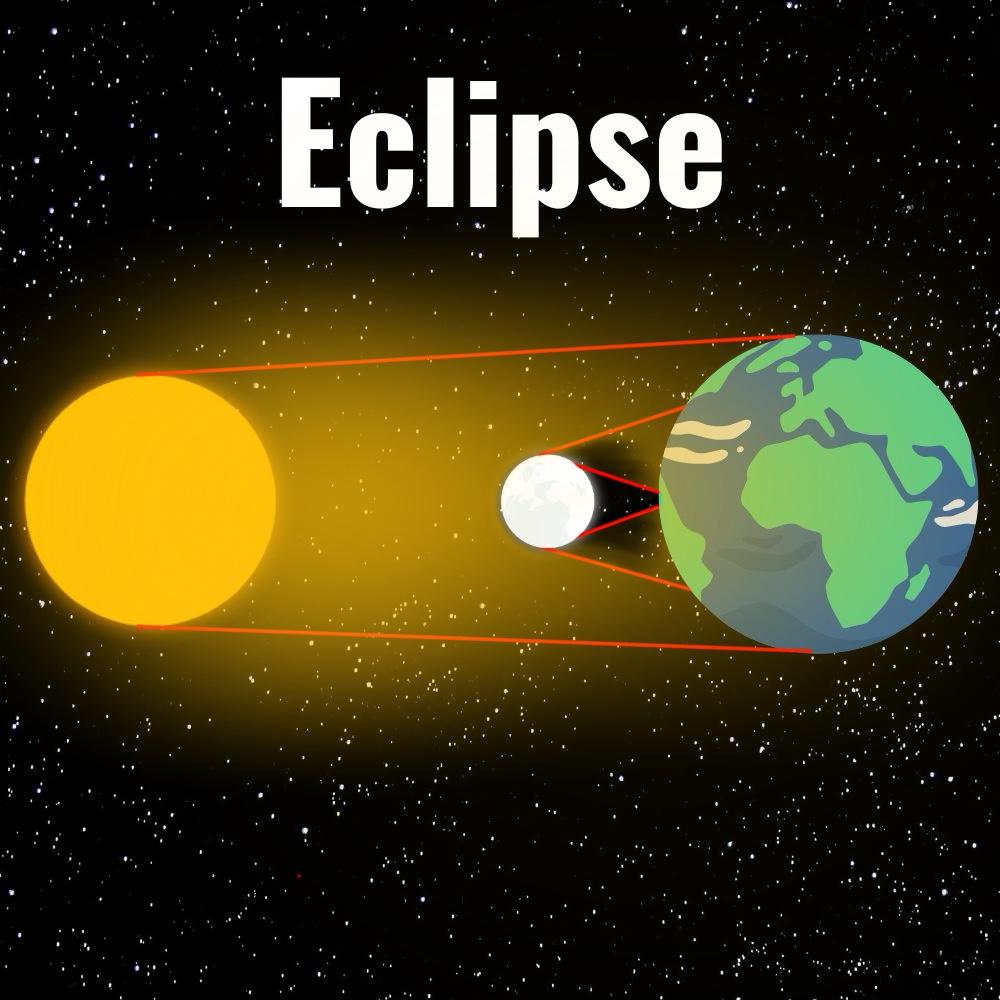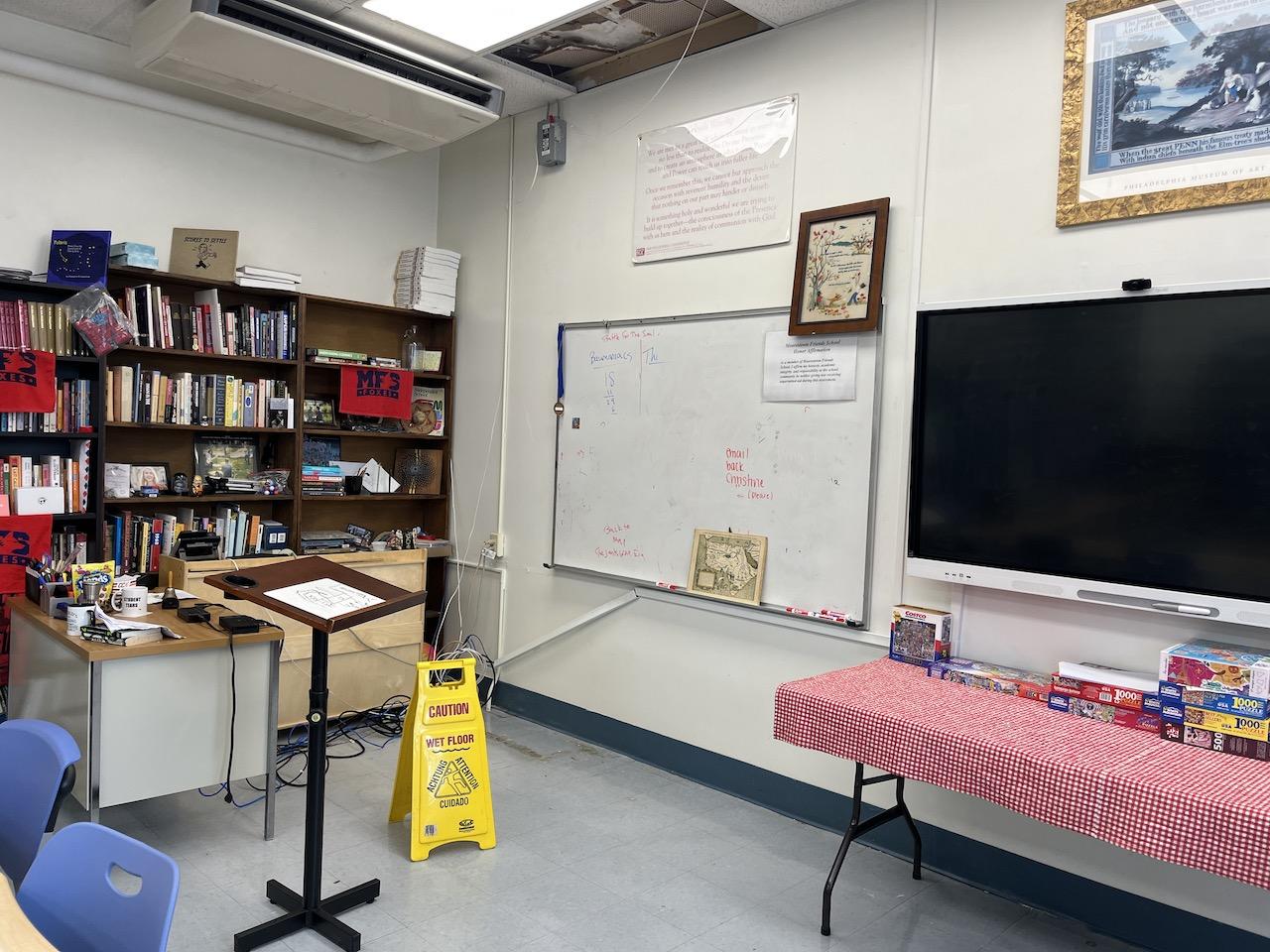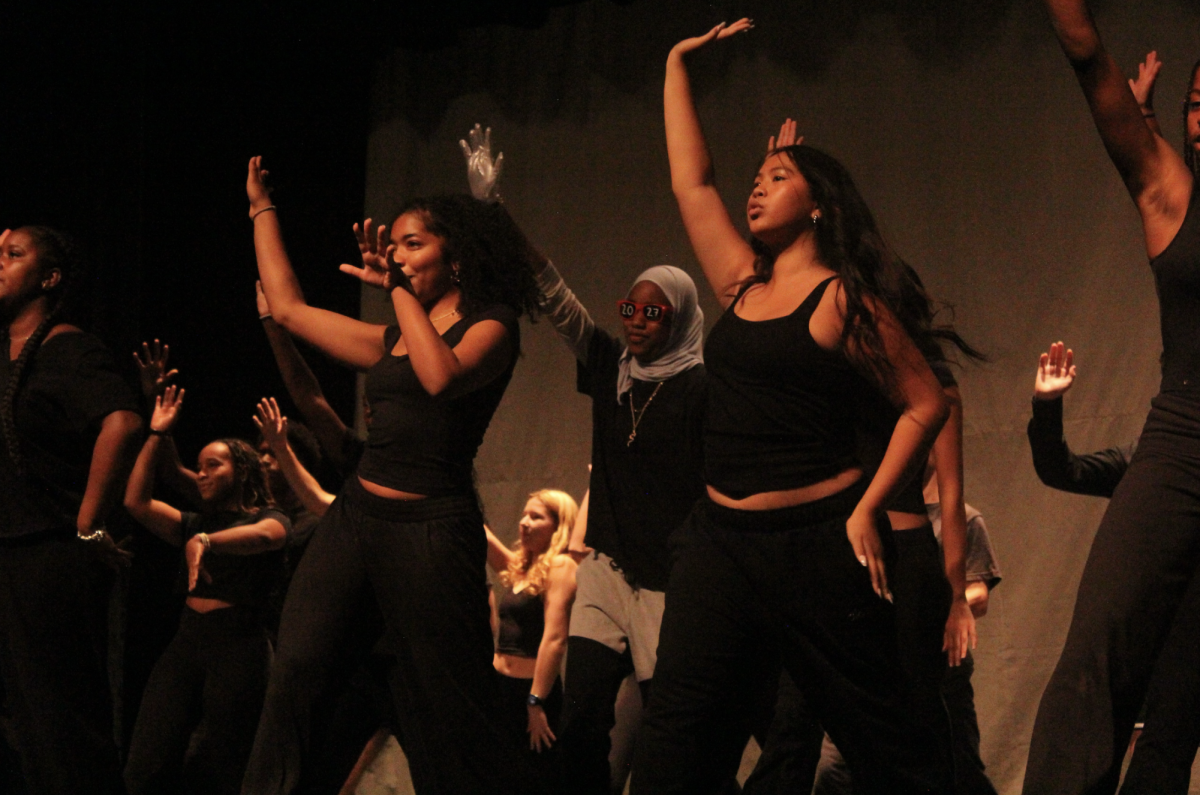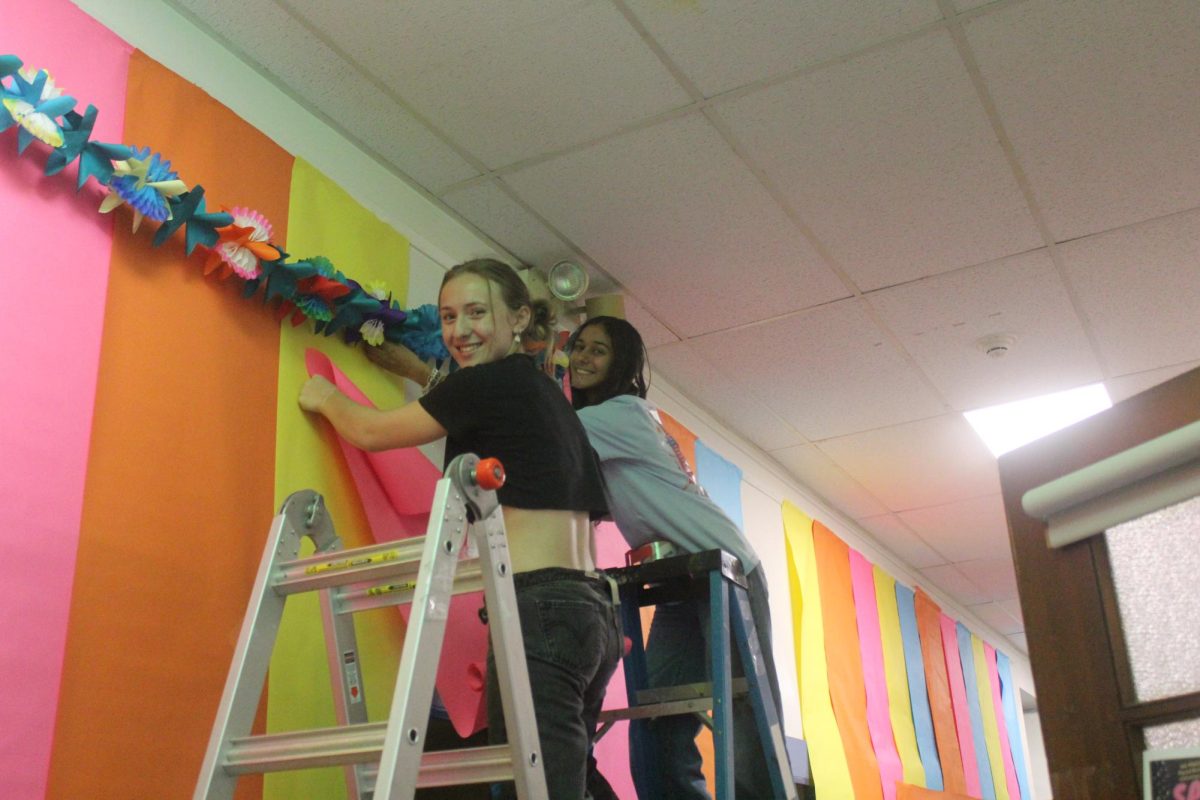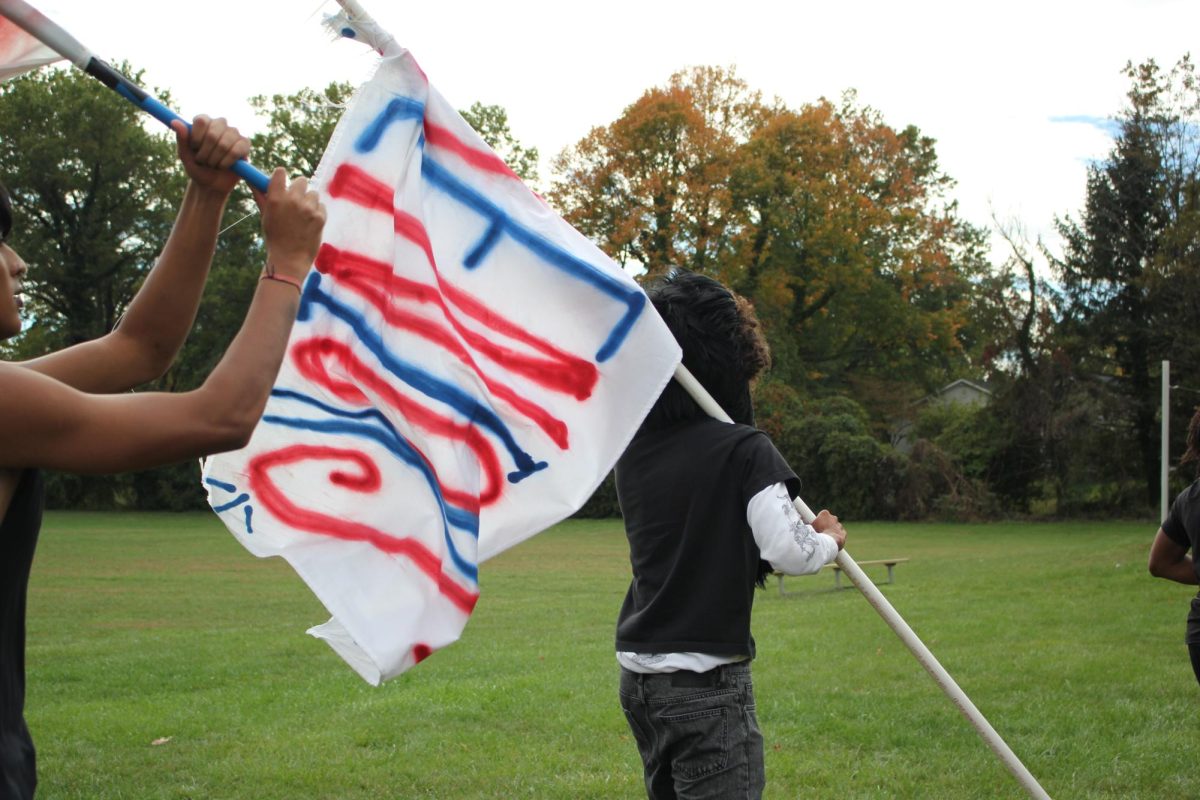By Esha Patel ’23, Lila Smith ’22, and Jordan Grabelle ’22


Protests and riots have broken out across America following the killing of George Floyd, an unarmed black man, by now ex-Minneapolis police officer Derek Chauvin on Monday, May 25th. A video of Floyd’s arrest went viral, and with it came protests from the community.
Four days after the outrage swept across the nation, Chauvin and the three other officers involved were all fired. Following this, Chauvin was arrested and charged with third-degree murder and second-degree manslaughter.
Soon after protesters took to the streets of Minneapolis, the situation escalated after police property was damaged. Many see the recent riots and protests as a culmination, following not only the death of George Floyd, but also Ahmaud Arbery, who was killed by a former police officer, and Breonna Tayler, who was killed by police officers. As tensions grew between protesters and police in Minneapolis, the Minnesota National Guard was called to prevent further escalation.
Protesting quickly grew beyond the Minneapolis area as more and more cities followed suit. Cities such as New York City, Washington D.C, and Philadelphia had protests that quickly became dangerous. Following a tense standoff with protesters and Secret Service in front of the White House, President Donald Trump threatened violence against protesters over Twitter.
….These THUGS are dishonoring the memory of George Floyd, and I won’t let that happen. Just spoke to Governor Tim Walz and told him that the Military is with him all the way. Any difficulty and we will assume control but, when the looting starts, the shooting starts. Thank you!
— Donald J. Trump (@realDonaldTrump) May 29, 2020
Two students from the MFS community, Vivian (’23) and Genevieve (’21) Messina attended the protest in Philadelphia on Saturday. Vivian said there were “people of all ages and races gathering at City Hall with signs.” She added, “People were handing out water and masks to others that needed them.”

Aside from being unifying and uplifting, she expressed that “it was strange at first because it was a protest while COVID-19 is still an issue, but it became comfortable.” She said that the main thing that she focused on was that “we were there for George Floyd and it feels good to be reminded that there are other people that think and value the same things that I do.”
Some of the members of the MFS Diversity Committee shared their views on the current events happening in the community.
Co-clerk Nia Hipps ’22 shared her opinions about how the MFS community should handle recent events. “I want the community to acknowledge what is going on today. I know people have different views and opinions, but I want the community to communicate with the students that there is an issue, and it is important to be aware of what is going on and to help people in need.”
Hipps advised people to educate themselves about the Black Lives Matter movement. “Do your research because not all the sources out there are the best. Know your history; this is history repeating itself.”
Diversity Co-clerk, Janiah McRae ’22, agreed with Hipps and explained that education on the movement is crucial: “The community should make sure that they are following accurate news and information sites to be truly and accurately educated on the subject. They should also shut down any incorrect assumptions about the Black community and the riots.”
When asked how others can get involved in the movement, McRae said, “the MFS community should continue to repost and spread awareness about the peaceful protest. I think it would also be great if the community attended any local peaceful protest to support and stand with the Black Lives Matter movement.”
The Diversity Club met on June 1 to discuss the recent events and how the club should move forward. McRae said that, “we are trying to have a forum, however, we are embarking on the end of the year so we will see what it will look like. Ms. Lopez is going to reach out to the community with a statement about everything and we are going to have forums for the middle and upper school to hear reactions and feelings on the subject.”
Protests are not only limited to the United States, with citizens in Denmark, Italy, and Australia also gathering to protest police brutality. The fact that there are protests starting in countries all around the globe shows that this movement isn’t over just yet.

